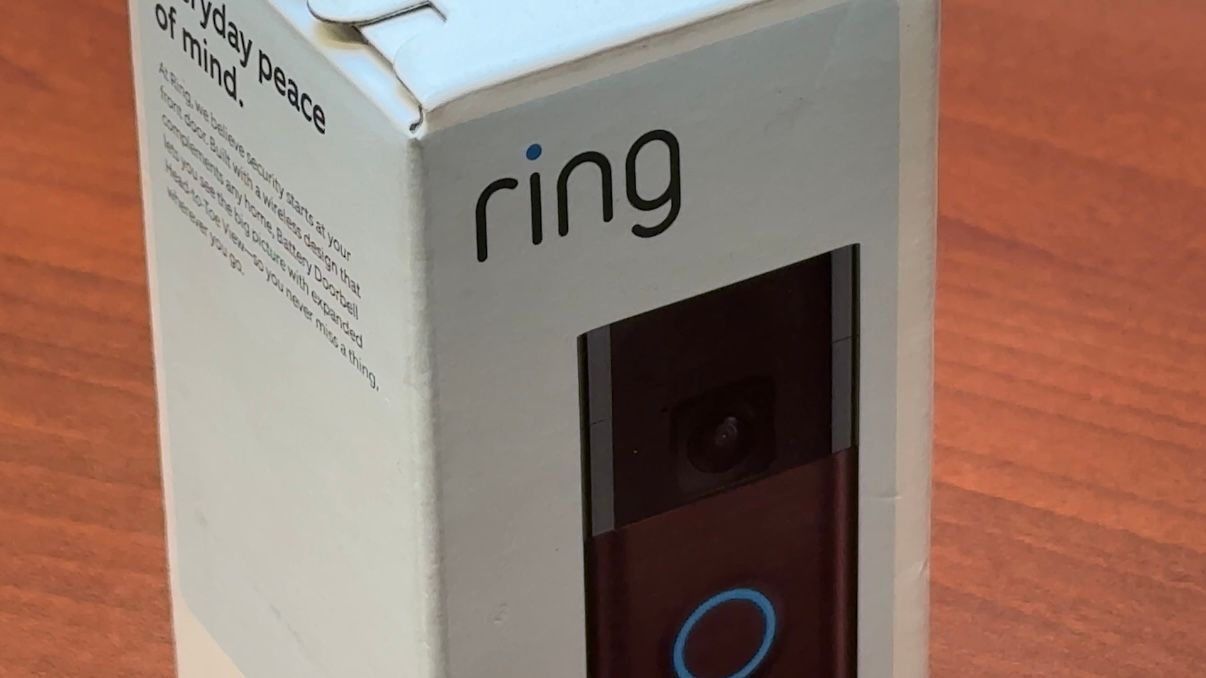The first use of force policy forum started off calm, with the Syracuse Police Department explaining the new rules, but that ended quickly.
Many residents shared their personal frustrations with the Syracuse police department.
"They're racists,” said Syracuse resident Alexandra Makki. “They've terrorize us. And they continue to terrorize us."
Emotion that's been simmering after this video of an arrest on Grace Street, that some activists have called excessive.
"One common theme is people want to be heard,” said Mayor Ben Walsh. “And as painful as tonight was for some, as raw as the emotions were, it was necessary and hopefully part of a healing process."
The department held the public meeting to discuss the new policy with the community, but many want more.
"The use of force policy is garbage," said Syracuse resident Davon Kearse.
"The same officers that beat, terrorize and hurt others on the old use of force policy are still on the force and they are still going to do the same thing again,” said Makki. “So what is new about it? The fact that you updated it? How are you going to teach them? You can’t teach an old dog a new trick."
"I believe the vast majority of our officers do their job,” said Syracuse Police Chief Kenton Buckner. “When they step outside our policy, any policy we have, use of force included, there will be accountability for that."
Those who violate the terms will have to go through counseling, and could be terminated. Neighbors say they are also concerned about racial profiling, which the police chief says he is aware of.
"Once we are able to document the stops we are having, what we we're doing on those stops, illuminating the reports for that, we'll be able to have an engaged conversation about that," said Buckner.
More conversation is something both neighbors and leaders want.
"Police officers have to get out of their cars, and walk around more,” said Kearse. You can sit in your car all day and ride around. That's not going to deter these kids from what they are going to do."
"Then we have to have behavior that's responsive to some of things that we're hearing so people see tangible examples of progress," said Buckner.










